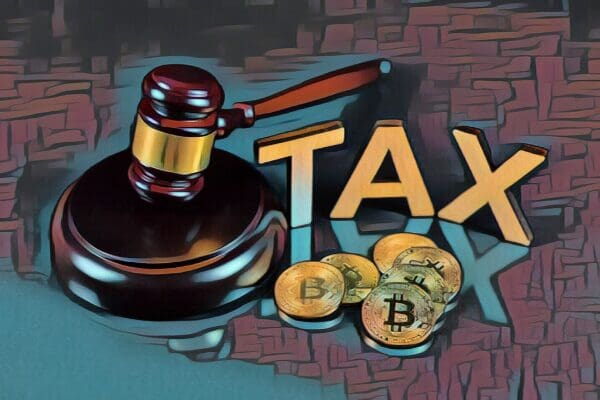The National Tax Agency of Japan issued a partial reform of its corporate tax regulations that includes new tax rules for token issuers.
According to a revision of the law by the National Tax Agency on June 20, token issuers in Japan are no longer required to pay taxes on unrealized cryptocurrency gains.
Nearly six months after the Japanese government approved a plan to eliminate the obligation for cryptocurrency firms to pay taxes on paper gains on tokens they created and stored, the tax exemption is now in effect.
As part of a larger tax reform for 2023, lawmakers in Japan have been discussing new crypto tax laws since last August, but the tax authority hadn’t given final approval until this week. The new regulations safeguard Japanese companies that issue tokens from paying a set 30% corporate tax rate on their holdings. Even unrealized gains were taxable prior to the passing of this law.
Making it “easier for multiple corporations to do business that involves issuing tokens” is what the ruling Liberal Democratic Party aims to do.
Japan’s cryptocurrency market has recently gone through a lot of changes. Since June 1, Japan has been enforcing stricter Anti-Money Laundering (AML) laws to track cryptocurrency transactions in an effort to bring its legal system in line with international crypto regulations. After the Financial Action Task Force deemed the AML laws to be unsatisfactory, lawmakers changed them in December.
Read more: Crypto Anti-Money Laundering (AML) Regulations In Japan Will Begin In June
A government law that forbids non-banking institutions from issuing stablecoins was passed in June of last year. The bill, which was just recently put into effect, limits stablecoin issuance in the nation to registered trust firms, regulated banks, and money transfer agencies.
One of the first countries to legalize cryptocurrencies as a type of private asset was Japan, and the nation has some of the strictest crypto laws in the entire world. Following the hacks on Mt. Gox and Coincheck, Japan’s banking authorities strengthened regulations on cryptocurrency exchanges.
The rapid return of assets to FTX users in Japan following the exchange’s global collapse is thought to have been made possible by local regulations, as opposed to users in other nations where there was no specified time limit for their returns.

